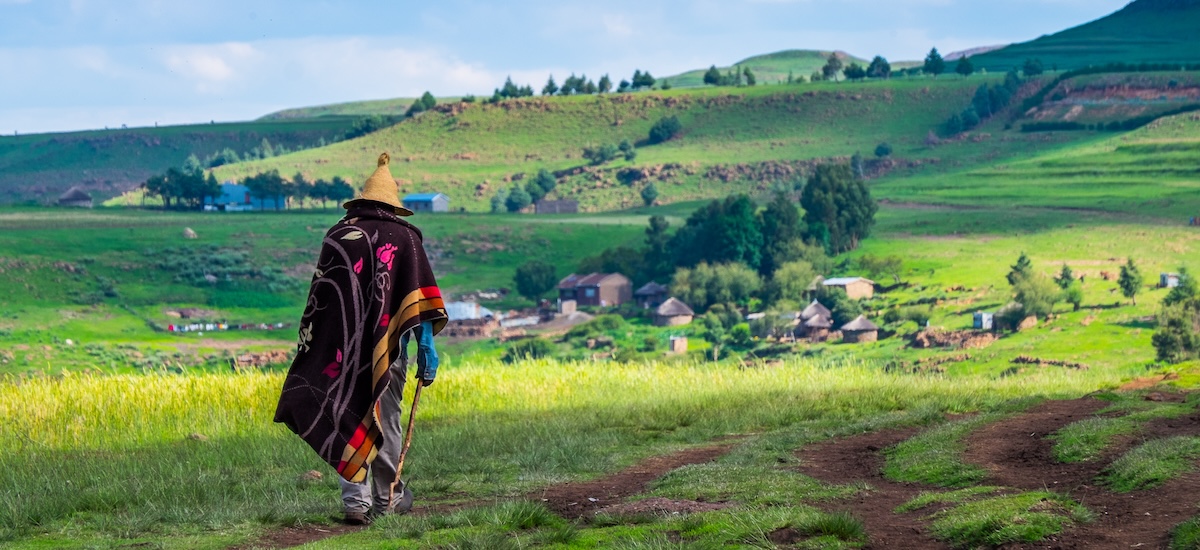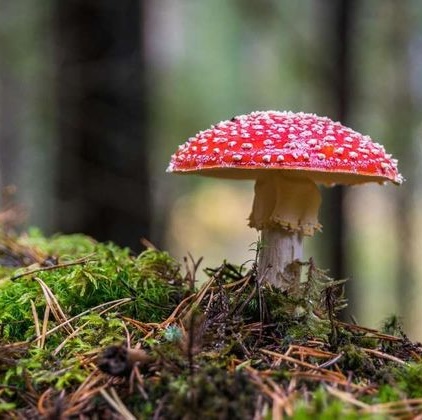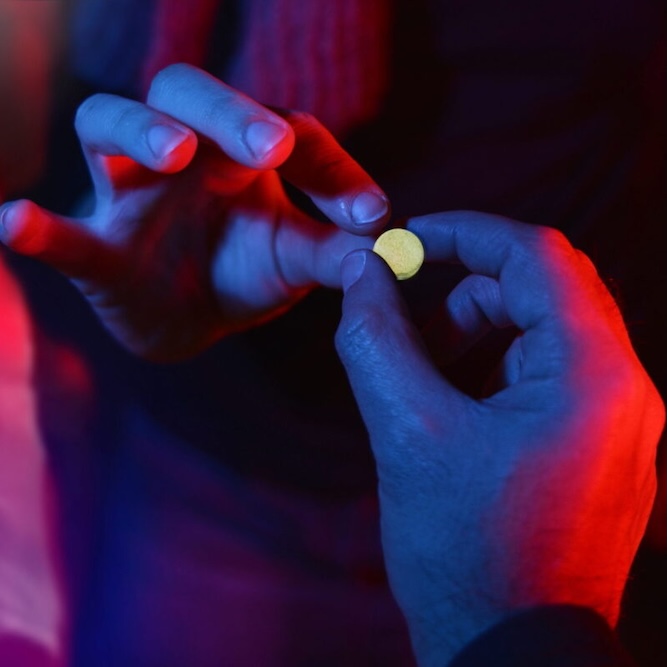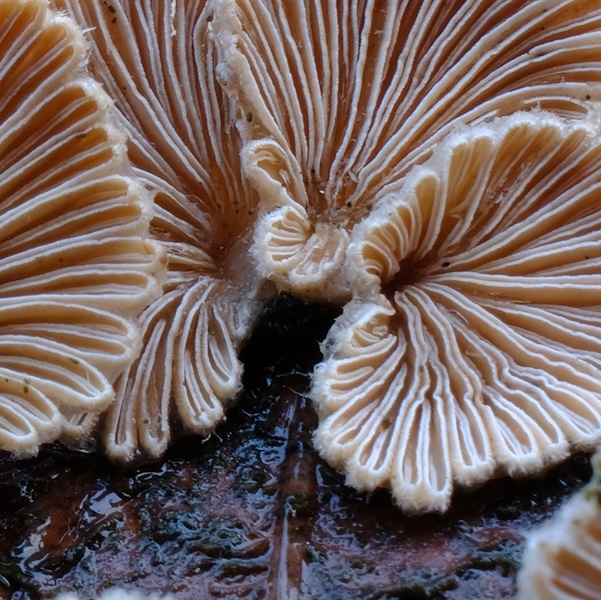According to a recent paper published in Mycologia, citizen scientists have identified two new species of psychedelic mushrooms in South Africa. The newly discovered species are Psilocybe maluti and Psilocybe ingeli, which represent a significant addition to the limited list of psychoactive fungi found in Africa. This is significant because the continent’s mycological geography still needs to be explored, especially compared to countries like Mexico, where the traditional use of psilocybin-containing mushrooms is well established. Both species are members of the Psilocybe genus, which contains roughly 140 recognized mushroom species worldwide. This discovery reveals Africa’s fungus ecosystem’s extensive but underexplored richness.

Significance of the discovery
This is significant because the continent’s mycological geography still needs to be explored, especially compared to countries like Mexico, where the traditional use of psilocybin-containing mushrooms is well established. Both species are members of the Psilocybe genus, which contains roughly 140 recognized mushroom species worldwide. This discovery reveals Africa’s fungus ecosystem’s extensive but underexplored richness.
The newly discovered species
Psilocybe ingeli and Psilocybe maluti are the second and third Psilocybe species discovered in South Africa, after Psilocybe natalensis. The blue-bruising mushrooms were identified in 2021 and 2023, and they grow on bovine manure-enriched grasslands.
Unique features of Psilocybe maluti
Psilocybe maluti is particularly fascinating for its unique morphology, where its cap is elongated and pointed, resembling an elf’s helmet, and remains partially closed, which is a feature not commonly seen in other mushrooms with their fully opened caps.
“Although there are no studies on the origin of the genus Psilocybe, it is possible that the genus originates from Africa,” the paper’s authors write. “There are undeniably more South African species [to be found].” Surprisingly, this brings the total count of endemic Psilocybe discovered from Africa so far to a total of four.

Roles of healers in Basotho tradition
Psilocybe maluti is the first known psychedelic mushroom used in traditional African medicine. Basotho healers have utilized this species in the region where it was discovered.
Within this tradition, there are two main types of healers. The “linohe” are akin to diviners who employ medicinal plants, including Psilocybe maluti, for visionary purposes and to foresee the future. In contrast, the “ngaka-chitja” are highly knowledgeable about plants and herbs but do not possess divinatory abilities. This distinction highlights the varied roles and expertise within Basotho healing practices.
Preparation and use in traditional healing practices
Basotho healers use Psilocybe maluti to induce a trance-like state. The healers steep the mushrooms in warm water to prepare a brew and then mix it with an extract of Boophone disticha. This hallucinogenic plant, known as the “Sore Eye Flower” due to its pollen causing headaches and eye discomfort, adds to the brew’s effects. Boophone disticha, known for its strong visual effects, also possesses analgesic (pain-relieving) and soothing properties. Various South African tribes traditionally use it to treat wounds and value it for its applications in healing and hunting.
The healing ritual
After ingesting the combination of Psilocybe maluti and Boophone extract, the patient faces a reflective surface and describes the hallucinations and visions seen in the reflection to the healers. The healer then interprets these visuals to address the patient’s spiritual questions. According to the study, this represents the only recorded firsthand account of the traditional use of hallucinogenic mushrooms in Africa, as this knowledge has been passed down orally through generations.




